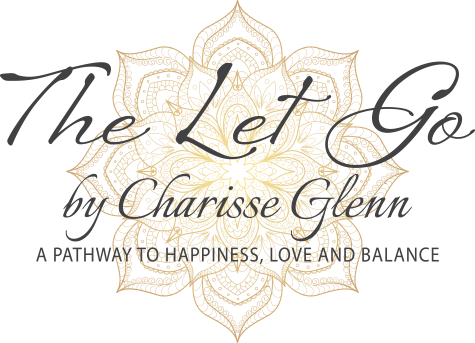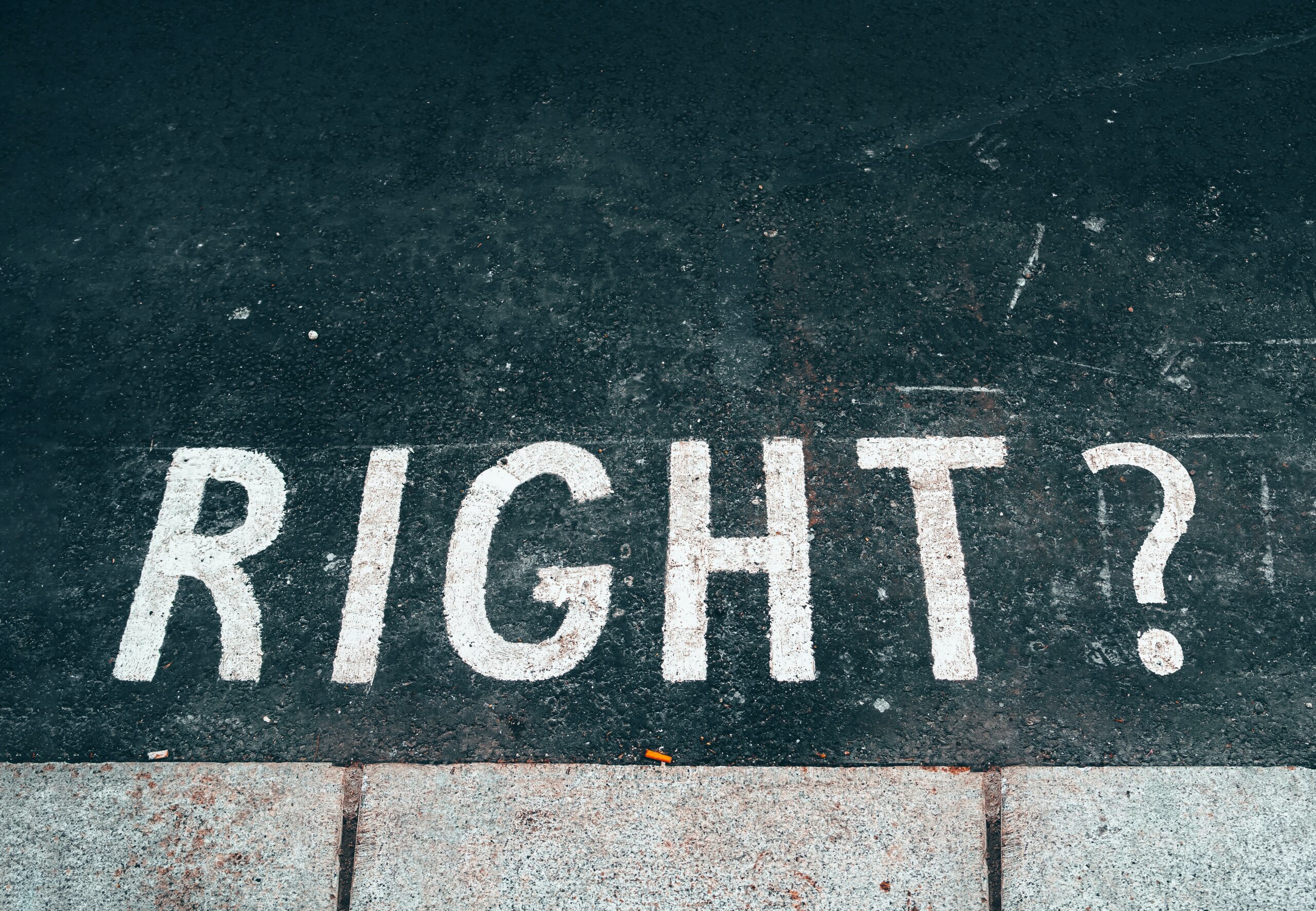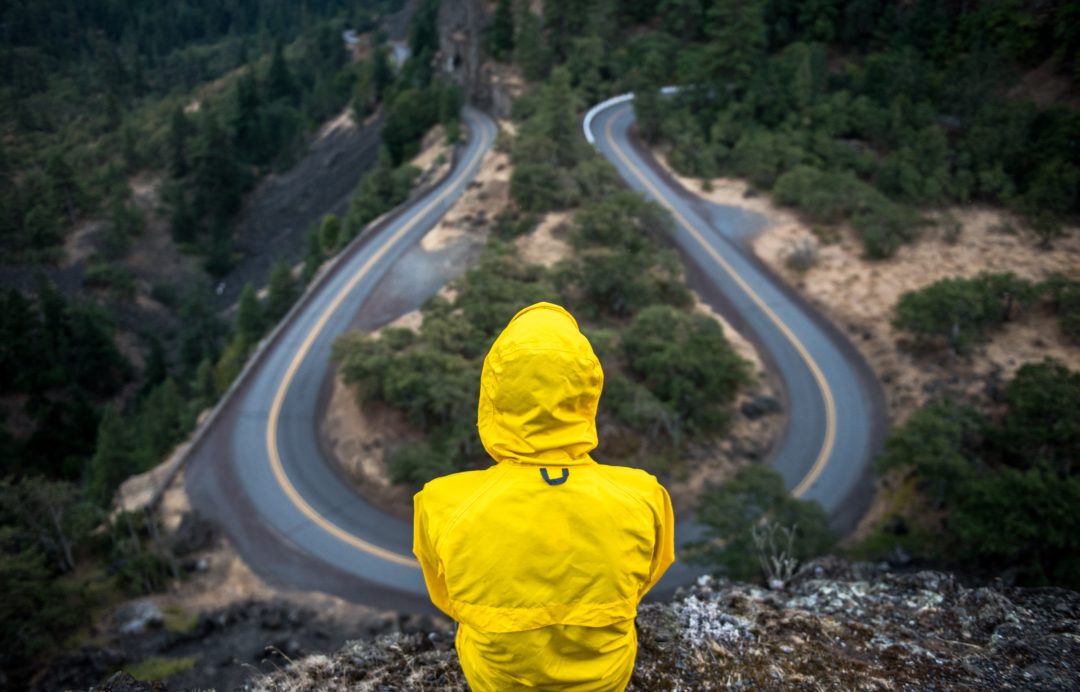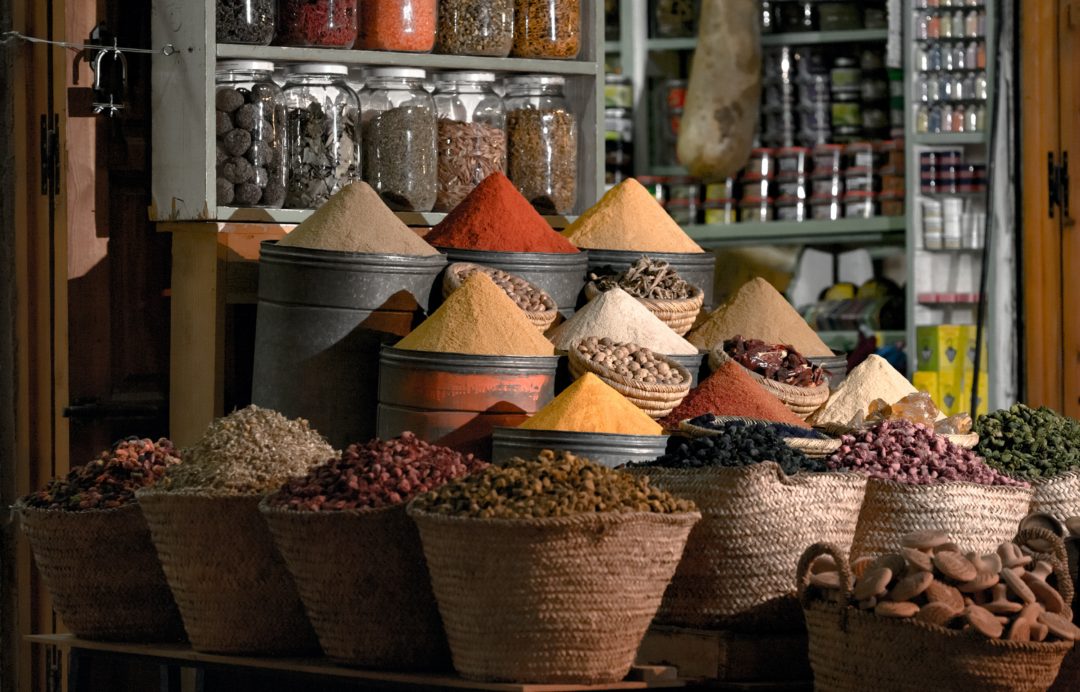It’s said that the way we do anything is the way we do everything.
~unknown
Making an impact on society can be effortless, cost nothing, and is readily available daily. Kindness is a sentiment espoused by millions. But have you integrated this powerful behavior into your actions? Do you spread kindness in all areas of your life, or is it just for a select few?
Most of us have been out with someone disrespectful to a server, bellman, or someone perceived as lower in status than them. To be kind, we must also have empathy.
The value of appreciating people for the complete and complicated forms of who we are is more important now than ever. Even amongst those, who we think to have it all, anxiety and overachievement can be dualling within. Mental and emotional health challenges exist everywhere, often covered up or hidden behind a facade of high achievement, masking that life is fine. It is nearly impossible to know the struggles anyone goes through, regardless of job, position, or social-economic status.
The reason we get up in the morning varies for us, and a way to get in touch with that can be through ikigai, which I have written about here. However, to arise each morning with joy is within our reach by simply having empathy and spreading kindness.
Empathy is the ability that helps us understand how someone else is feeling. It is a cornerstone of emotional intelligence and can change how we see the world. Kindness goes hand in hand with empathy and is considered a true virtue. The 14th Dalai Lama emphasized in many of his talks, “Be kind whenever possible. It is always possible.”
We are defined by what we care about. Therefore, to have the excellence of character is easily attained with these two attributes.
Our ethical decisions are based on our internal workings. When we move from a place of kindness and empathy for our fellow sentient beings, we behave in ways that have lasting effects. We become our best selves when we aim for the highest good.
Hence, it can go a long way when we easily hand out a genuine compliment or kindness.
The beauty of it is when we give, we receive tenfold back.
Demonstrating kindness positively changes our brain, boosting serotonin and dopamine. These neurotransmitters give feelings of satisfaction and well-being, also causing our brains’ pleasure/reward centers to light up. In addition, endorphins, our body’s natural pain killers, may also be released.
So spread the love daily. The opportunities are infinite in our lives to be kind.
Take a moment to check in on a family member or friend more often than you think you need to. Then, if you cannot see them, call or Facetime with them. Offer them the gift of listening to their stories.
Give a compliment to a stranger. Being paid a compliment activates a part of our brain, the same as when you get a monetary award. They also help the one receiving them to repeat a behavior that is being noticed. Behaviors that get rewarded are likely to be repeated. For the one giving the compliment, it helps our awareness in seeing and appreciating what we like in those around us.
How we treat others reflects who we are. How we let others treat us is also how we learn to treat people. So, remember to cut ourselves some slack too. Kindness for self, some say, is more complex than for others, so if this is the case for you, start here.
Kindness can start as a behavior, but it is so much more once integrated. It becomes a quality of your being. Those who hold compassion in their hearts shine a beacon of hope for those receiving their consideration and selfless generosity.
To be kind and empathetic costs nothing yet has an enormous impact on those who receive it. So give freely, and you will reap the positive and healthy side effects of this effortless action.
You cannot do a kindness too soon, for you never know how soon it will be too late.
~Ralph Waldo Emerson





